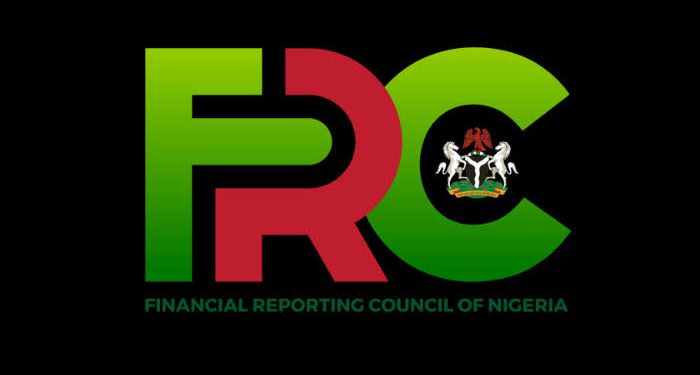Small and medium-sized enterprises (SMEs) across Nigeria can now obtain the Financial Reporting Council of Nigeria’s (FRC) Business Integrity Certification (BIC) free of charge until the end of the first quarter of 2026.
The Council announced this in Lagos, explaining that the temporary fee waiver aims to encourage more businesses to strengthen their governance systems and adopt ethical business practices.
Developed in collaboration with the Integrity Organisation, the Bureau of Public Procurement (BPP), and the Centre for International Private Enterprise (CIPE), the initiative is expected to enhance SMEs’ access to finance, markets, and public procurement opportunities.
The Chief Executive Officer of Integrity Organisation, Soji Apampa, said the initiative seeks to reward integrity in business and discourage corruption. According to him, the certification creates a system where “companies will now have more to gain by competing and succeeding based on doing the right thing consistently.”
Apampa explained that the certification process enables SMEs to voluntarily assess and strengthen their corporate governance structures through a digital platform managed by the FRC. By registering via the Council’s website, businesses can complete a self-assessment questionnaire, identify governance gaps, and apply for certification after meeting the required standards.
“The process is transparent and measurable. It ensures that compliance is not just a tick-box exercise but a credible, verifiable indicator of integrity,” he said.
He added that the pilot phase is designed to make participation easy and accessible, supported by several partners including the Development Bank of Nigeria, the Small and Medium Enterprises Development Agency of Nigeria (SMEDAN), and the Bank of Industry (BOI). The certification remains free until March 2026, after which an independent assessment fee will be introduced.
“This is a national movement for integrity,” Apampa said. “It will not only help Nigerian firms do better business locally but also give them a competitive edge under the African Continental Free Trade Area (AfCFTA) by showing that Nigerian enterprises can thrive through ethical practices.”
The FRC’s Director of Corporate Governance, Comfort Osundu, emphasized that the initiative was designed collaboratively from the onset. She said the Council worked closely with SMEDAN, the Central Bank of Nigeria (CBN), and other agencies to ensure the certification process accommodates different SME categories.
Through its advisory committee, the FRC continues to engage key partners such as BOI and the Lagos Chamber of Commerce and Industry (LCCI) to encourage wider adoption among enterprises.
CIPE’s Africa Regional Director, Lola Adekanye, described the BIC as a collective effort to address one of Africa’s most pressing business challenges,the lack of structured governance among small businesses.
“Many small enterprises fail not because of lack of opportunity but because they haven’t embedded the right governance systems,” she said. “The Business Integrity Certification is not only about compliance and due diligence but about helping MSMEs grow sustainably by learning how to scale with accountability.”










